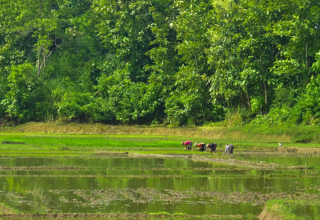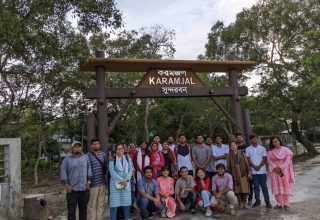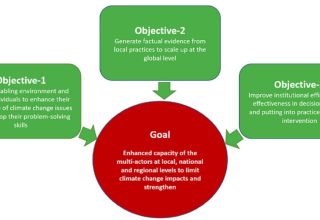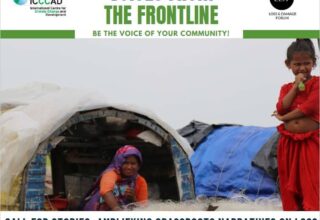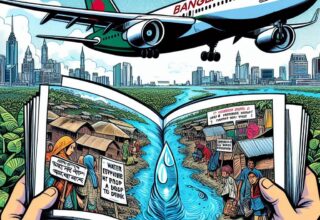Chittagong Hill Tracts (CHT) has a unique landscape and the largest forest cover in Bangladesh. The region is facing rapid environmental changes in recent times, which has escalated in the last two decades. Deforestation in various forms is destroying the forest cover of CHT and the impacts of climate change is affecting the local indigenous community’s livelihood in various ways by leading to a shortage of drinking water and natural resources, and temperature rise, etc.
The people of CHT have suffered from the denial of their fundamental rights, political rights and lack of access to equitable development initiatives. Furthermore, the development projects implemented in this region have often been marked by unfairness and a glaring absence of alignment with the local customary laws, the local people’s perspectives and their unique requirements. Such policies are creating livelihood problems among the indigenous communities. The lack of integration of local people’s understanding and needs in policymaking is resulting in rapid environmental degradation in the region.
“There are two reasons behind this gap in the integration of local knowledge into the national policies”
There are two reasons behind this gap in the integration of local knowledge into the national policies. First is the lack of awareness and willingness of the state authorities to integrate the local customary laws and practices in the policies. The second reason is the lack of understanding of what “Local knowledge” means in the context of CHT and its role in sustainable environmental management in the region.
While there is a recent endeavour to comprehend the local knowledge of the indigenous communities to address the pressing environmental crisis and adapt to the impacts of climate change in the region, these initiatives have primarily concentrated on the local customary laws and practices. Although customary laws hold significance within the indigenous traditional system, attempting to confine the notion of indigenous knowledge in CHT solely within the boundaries of these laws significantly diminishes our comprehensive grasp of local knowledge in the region. Understandably, when the question of integration comes, customary laws play an important part, but we have to look beyond these laws to have a comprehensive understanding of the concept of “Local Knowledge” in the context of CHT.
While it is important to highlight the customary laws and the local governance system, it is equally important to understand the local cultural belief systems and cultural values. These have been crucial parts of the sustainable livelihood of the indigenous communities, for centuries now. It is important to understand what indigenous people believe and practice in their day-to-day life; and how they perceive the natural elements such as the forests, rivers, the sky, the earth and its relation to their understanding of nature and preservation.
The indigenous communities associate different aspects of nature with some holy or evil spirits, with the belief that every natural phenomenon (such as forests, rivers) has an owner, who protects and safeguards the resources and the living beings. Such is the complex belief system of the people of the Chakma community, which is a mixture of local, Buddhist and Hindu values. According to the Chakma cultural belief Jhar o bhudo (The ghost/spirit of the forests) is the owner of the forests, Ma Ganga (Mother Ganga) is the owner of the rivers. The sky is considered as Bap Deva (Father Sky) and the earth as Ma Pittimi (Mother earth).
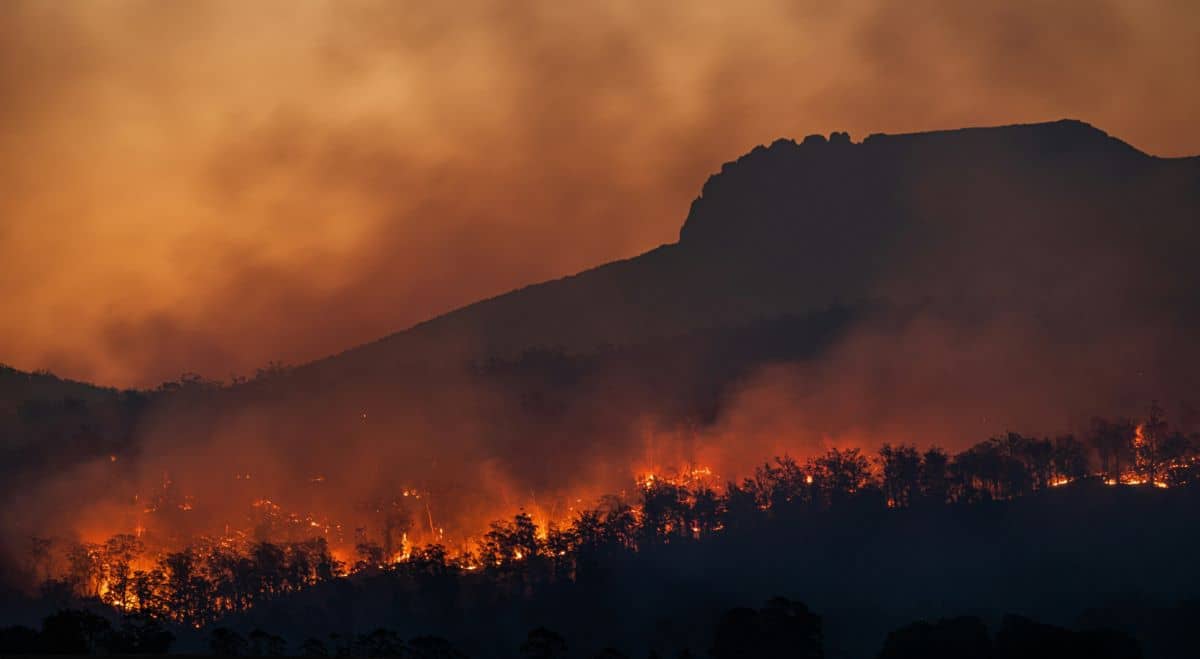
Jhar o bhudo protects and safeguards the forest resources and the living being dependent on the forests. If he feels exploited, he may bring serious illness and misfortune. Activities such as overhunting of the forest animals and extracting resources excessively are considered dishonourable behaviour towards the spirit. Because of this belief, traditionally Chakma people have managed to use the forest resources in a sustainable manner.
Ma Ganga is the spirit of the rivers, adopted from Hindu mythology and the idea of Ganga. She looks after the rivers and its living creatures. If Ma Ganga is angry and feels violated, she can take people’s lives by drowning them in the water, which the Chakma people refer to as “Bhug”. This belief helped the Chakma people in sustainable management of the hilly streams.
Ma Laksmi is the goddess of wealth; she brings good yield and fortune to the families. She is the symbol of sustainable use of resources. According to Chakma cultural belief, wasting food is considered a disrespectful gesture towards Ma Lakshmi. If Ma Lakshmi is upset, she brings misfortune to the family.
Likewise, other natural phenomena such as the sky and the earth are respected as they are considered as supreme entities who provide all the necessary elements for cultivation. Chakma people offer freshly harvested crops to the sky, the soil and all the other necessary tools that help them to cultivate their crops before they eat themselves.
All the indigenous communities in CHT have these beliefs of natural entities in different forms. They perform various cultural rituals to worship these entities. These beliefs have a huge influence in indigenous community’s livelihood and their understanding of nature. As a result of this spiritual bonding and connections, people find a way to live peacefully and respectfully with nature. So, the question of exploitation does not arise, rather they create a harmonious coexistence scenario between nature and the people.
Despite the potency of these beliefs and practices in sustainable environmental management, very little attention is given to the understanding of “Local Knowledge” in the region. In this time of rapid environmental change in CHT, it is important to rethink these values and deal with the environmental crisis in the region.
Authors: Alpan Chakma is a master’s student of Climate Change and Development, studying at the Independent University of Bangladesh. His research interest lies in climate change adaptation and mitigation, sustainability.

